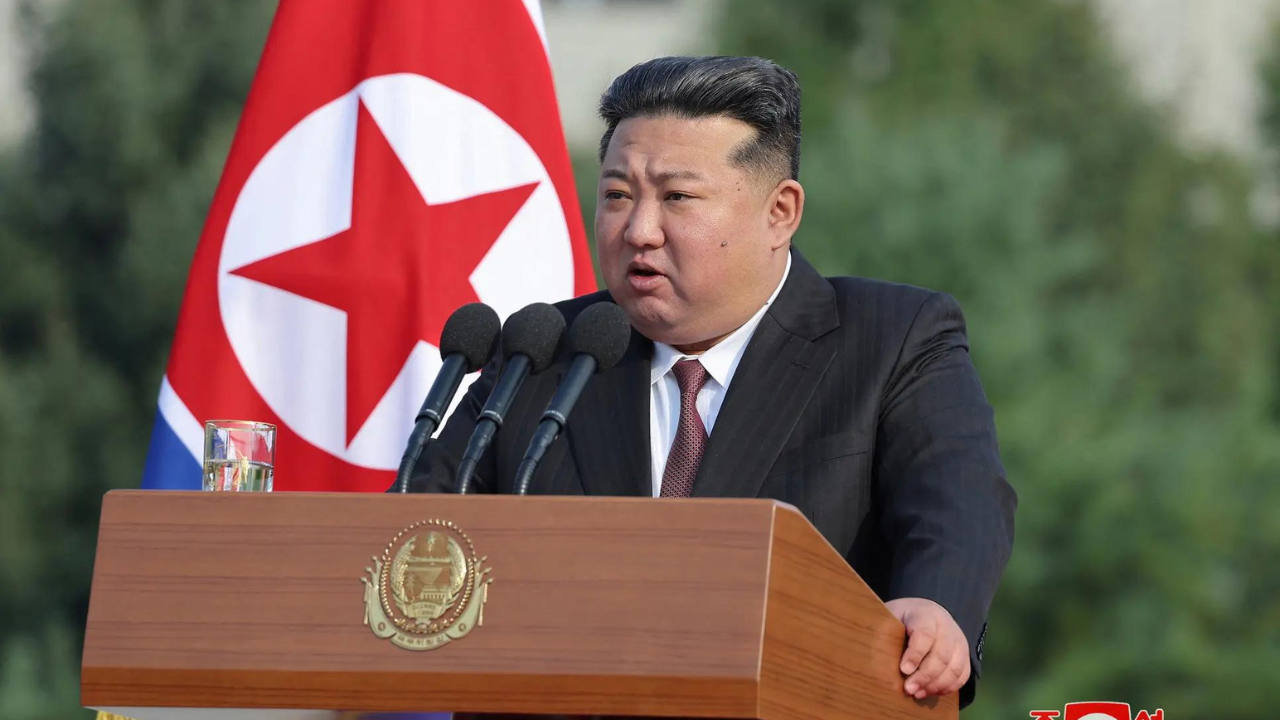
THE country again posted a balance of payments deficit in February, the Bangko Sentral ng Pilipinas (BSP) reported late on Tuesday, but this narrowed the shortfalls posted in January and a year earlier.
The latest BoP deficit of $196 million, which was lower than January's $740 million and the $895 million in February last year, "reflected outflows arising mainly from the national government's (NG) payments of its foreign currency debt obligations," the central bank said in a statement.
The year-to-date shortfall rose to $936 million, reversing from the $2.2-billion surplus seen 12 months earlier.
"Based on preliminary data, this cumulative BoP deficit reflected mainly the continued trade in goods deficit coupled with the NG's net repayments of its foreign loans," the BSP said.
Gross international reserves (GIR) subsequently slipped to $102.0 billion as of end-February from $103.3 billion a month earlier.
Despite the decline, the BSP said the latest level still represented "a more than adequate external liquidity buffer equivalent to 7.5 months' worth of imports of goods and payments of services and primary income."
"[I]t ensures availability of foreign exchange to meet the balance of payments financing needs, such as for payment of imports and debt service, in extreme conditions when there are no export earnings or foreign loans."
GIR was also said to be equivalent to about 6.0 times the country's short-term external debt based on original maturity and 3.6 times based on residual maturity.
Short-term debt based on residual maturity refers to outstanding external debt with an original maturity of one year or less plus principal payments on medium- and long-term loans of the public and private sectors falling due within the next 12 months.
Commenting on the results, Rizal Commercial Banking Corp. chief economist Michael Ricafort said the BoP "could improve" in the coming months, thereby leading to a higher GIR level.
ING Manila Bank senior economist Nicholas Antonio Mapa, meanwhile, said the smaller shortfall was likely due to a narrower trade deficit.
Robert Dan Roces, chief economist at Security Bank Corp., said "there's a good chance of a surplus for 2024, based on factors such as increasing exports, foreign investments and higher remittances from overseas workers."
"While foreign loans can provide a temporary boost, the country needs to ensure they are used for productive investments to avoid future strain on the BoP," he added.
Read The Rest at :







